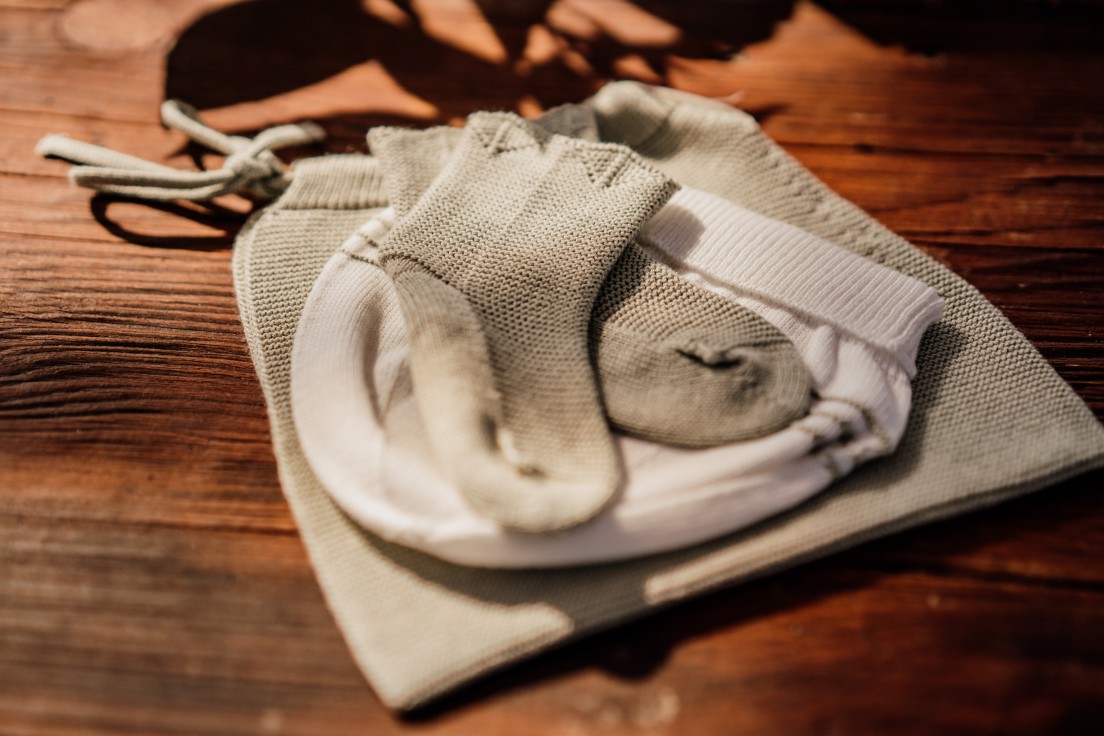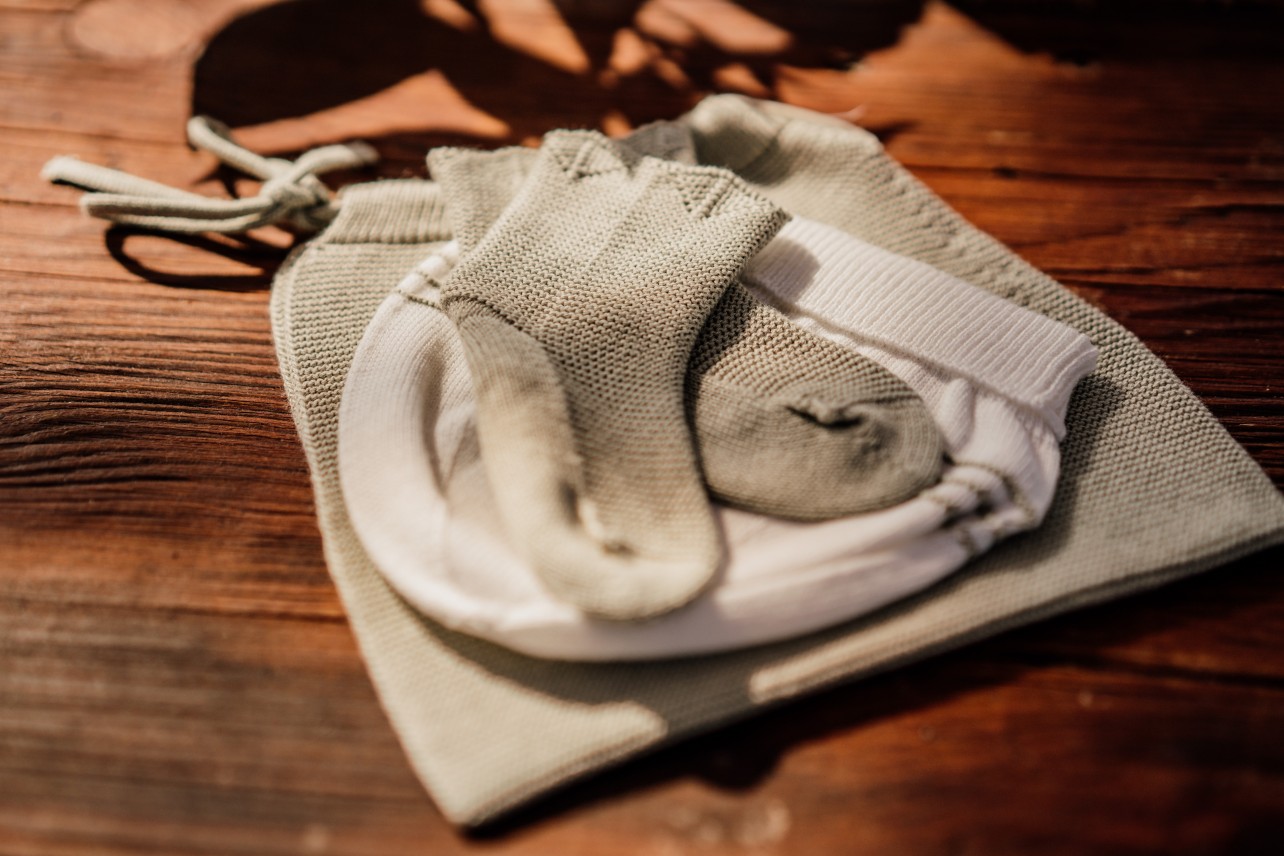Being sustainable depends on several factors, our context and the impact of our actions on our planet. As individuals within a society, we can take action and put it into practice - recycling or using materials that can be reused. As for the many companies that exist in the world, given their size and possibilities, they can become environmentally friendly - recycling, using natural materials or investing in electric transport. These can be some of the numerous practices that various services and companies can implement and therefore be one step closer to becoming ever greener.
In today's world, sustainability can be associated with many actions that companies can take. However, when it comes to the impact they have on the environment, the issue is already more unclear and can create doubt, due to the lack of information shared on this aspect.
It's something that has been worked on and is one of the main focuses when we address the impact that a certain company can have on the environment. Several companies are starting to have systems in place where they can, at the end of each year, check their impact by whether or not they have achieved the objectives they have set. Examples such as Nestlé is among the companies that will share their data so that it can be analysed at the end of each year. The pilot project they are part of is the Science-Based Targets Network, which aims to provide the first framework for companies to communicate their nature-related impacts as one of the main parts of corporate environmental reports. In this way, companies will be able to present their data and realise whether or not their targets will be validated and if they are in line with the science-based targets from the beginning of 2024.
The UN says it is crucial for companies to analyse and disclose their environmental impacts by 2030, and these projects that are beginning to emerge are mainly focused on ensuring that there is a clear agreement on how companies do this.
These practices are increasingly bringing the environment to the table, with enough legit information for companies to be able to make an assessment and establish their priorities in order to take certain steps.
We agree that until companies start setting objectives and targets to be communicated publicly on what their progress is in relation to their set objectives, people won't be able to have a clear opinion and actually know whether a certain company is responsible for its impact on biodiversity. However, those specific details can be a major headache for companies and those set objectives may not be fully or optimally met.
From the very beginning of Wedoble, we have always wanted to implement ideas that have a positive impact on the environment. It's important for us, it's important for the industry in which we operate. To this end, year after year, we have always tried to realise that the issue of the environment would become increasingly significant and a factor that would influence the way we create and work. For us, being sustainable is reflected in the practices we carry out on a daily basis, such as embracing production practices that lead to less and less waste and, in this way, we are contributing to the good of the planet and, according to our area, providing objectives that we can achieve and maximise our positive impact.
Our awareness of this issue comes not only from idealising the new models with a particular material, but also from the fact that we have our own factory, which means that we are in constant contact with the reality of production - the technique, the raw materials, the resources needed, the criteria for the production work we do, the objectives we want to achieve with our work (one of them being to be increasingly sustainable).
Sustainability is part of the whole process. What we currently monitor in the company is water, electricity and gas consumption and the amount of waste. These are factors that have had a positive impact and we aim to continue this work and make it increasingly specific and detailed. In this way, it will make sense for us to realise whether we are following the best path and project a better future for our planet.
With today's post, we look back on our participation in #fashionrevolutionweek, where we had the opportunity to reflect on who, how and where the clothes we produce come from - https://www.instagram.com/reel/C5yecFEoltu/. We need to reflect on this every day and, above all, understand what we can improve and implement so that we can become an increasingly environmentally friendly industry. So here's our reflection, which we've posted on our social networks, because we believe in a better future and we want to share with you the work we've been doing and how we can increasingly include caring for our planet in our daily lives as a brand.
The idea is to work and contribute according to our area of action, with defined objectives that we can achieve through our daily work. This implies big and difficult challenges for the fashion industry. These commitments must quickly be translated into action to fulfil the objectives set by the UN to protect our planet. Taking action on their impact on land, water and biodiversity, just as they do on emissions, is necessary. We must adapt our practices to what is within the reach of our work and make it an ally of our planet.
We certainly want to return to this subject, because it's one that we feel passionate about and that we want to perfect more and more in our daily lives.
What about you? We want to know your opinion about this issue of sustainability, which is so important to us and to our planet.






